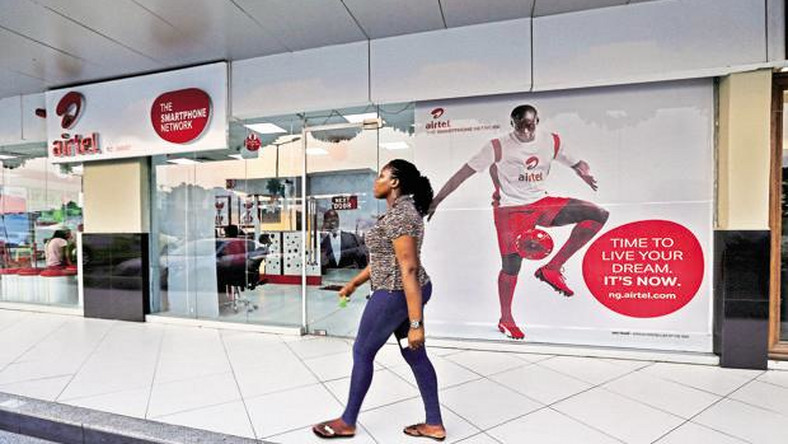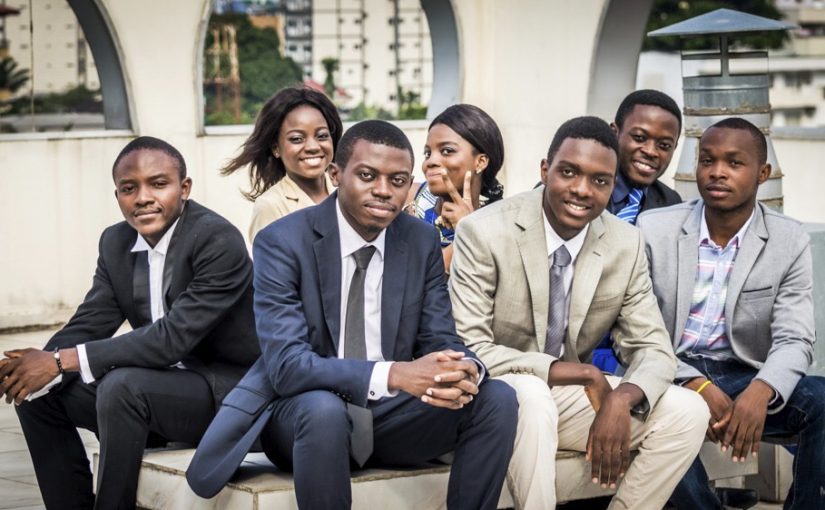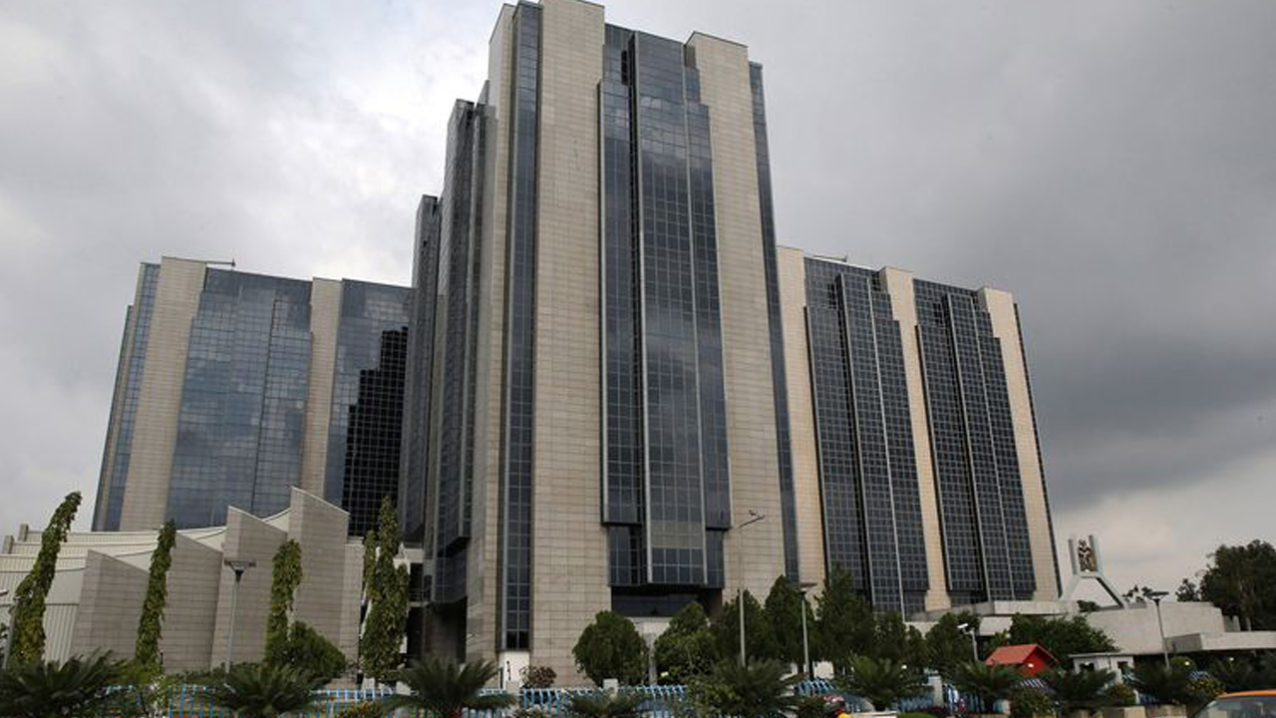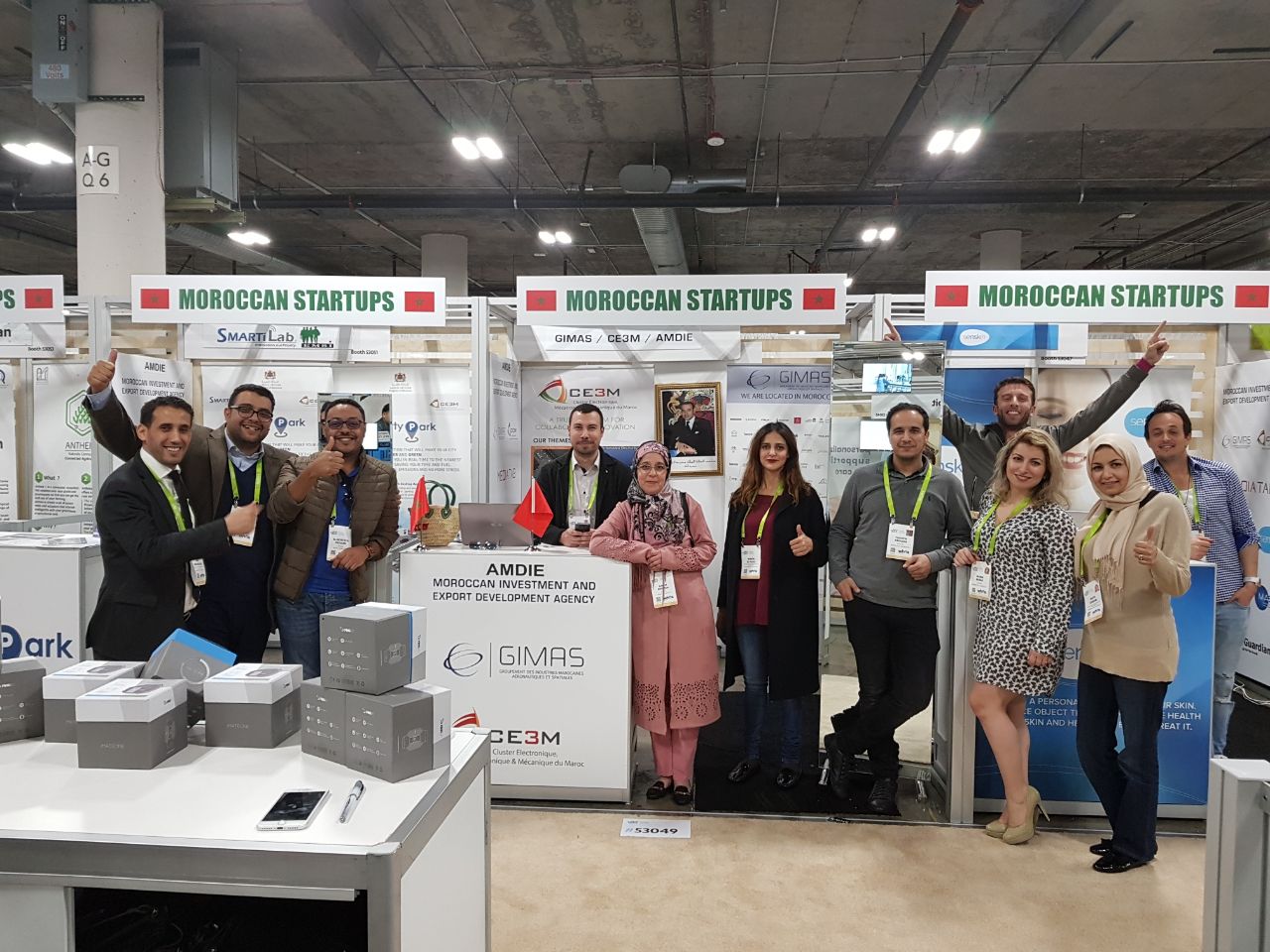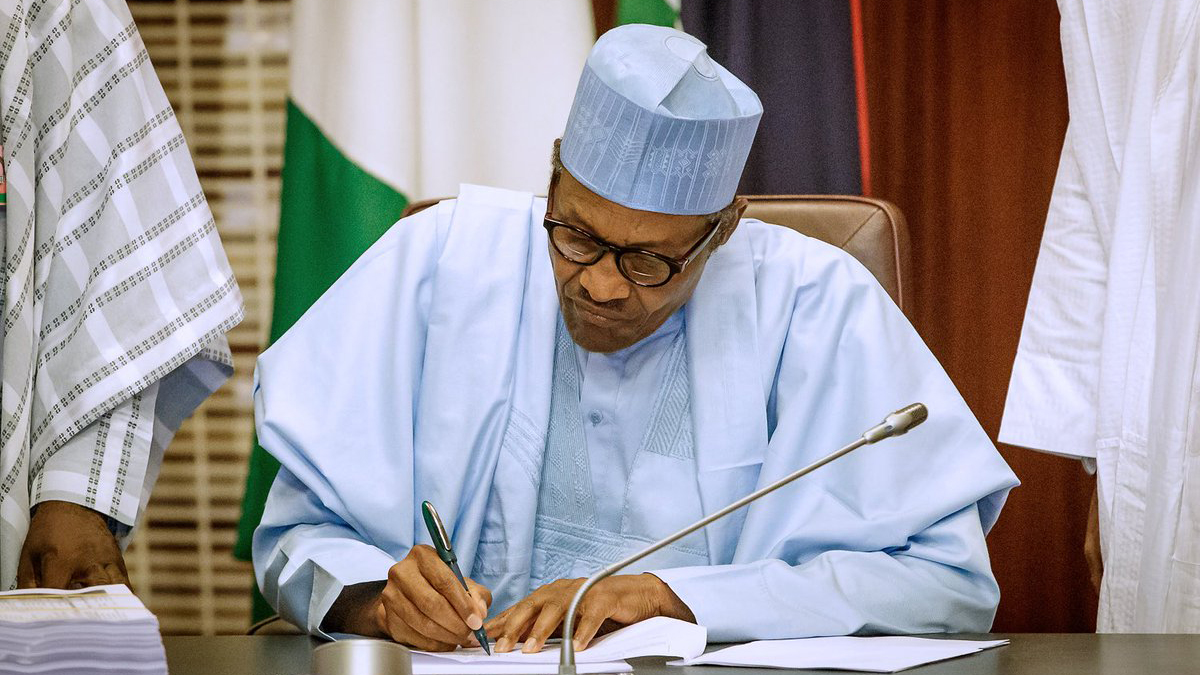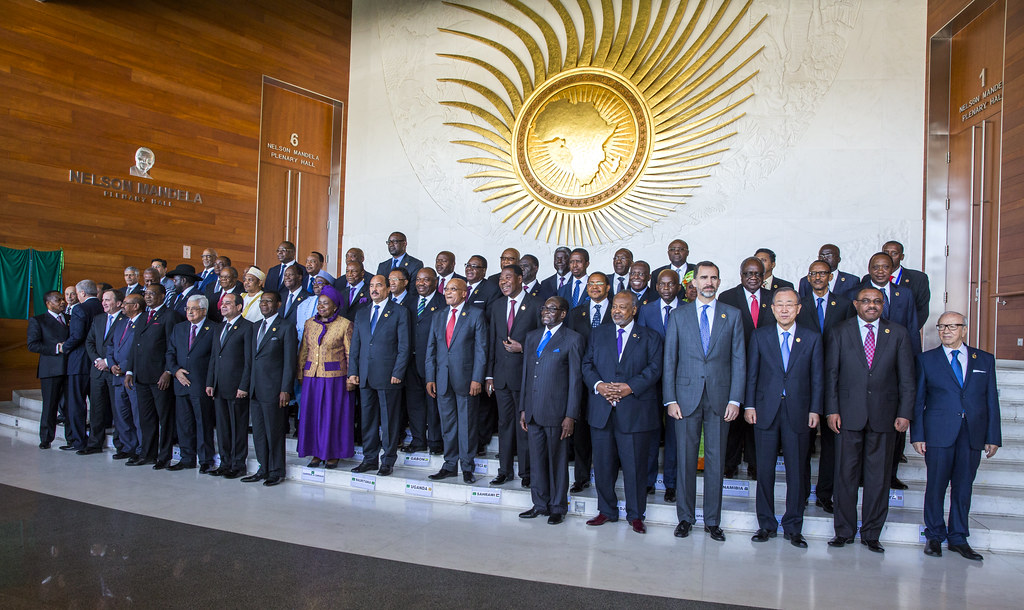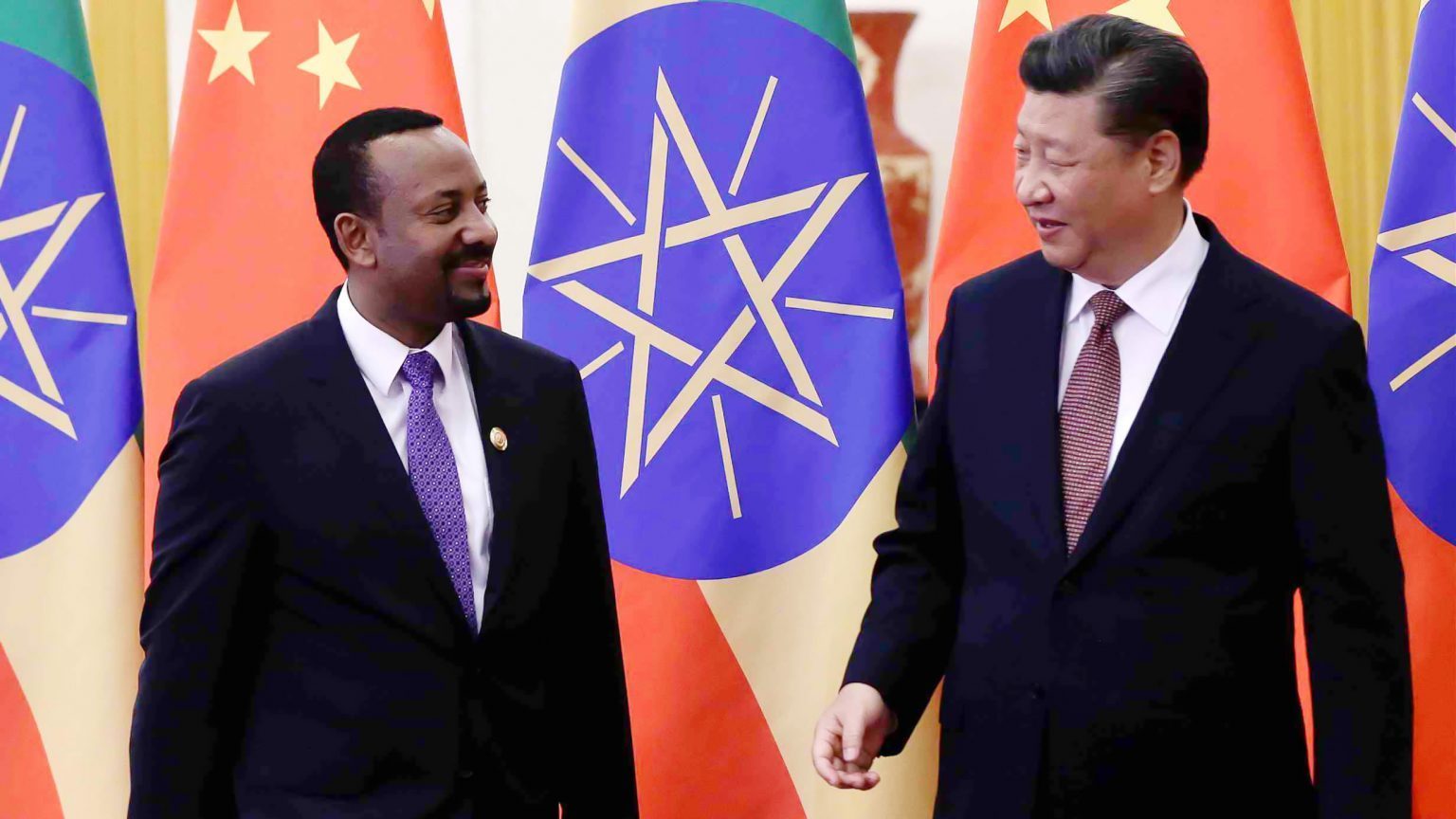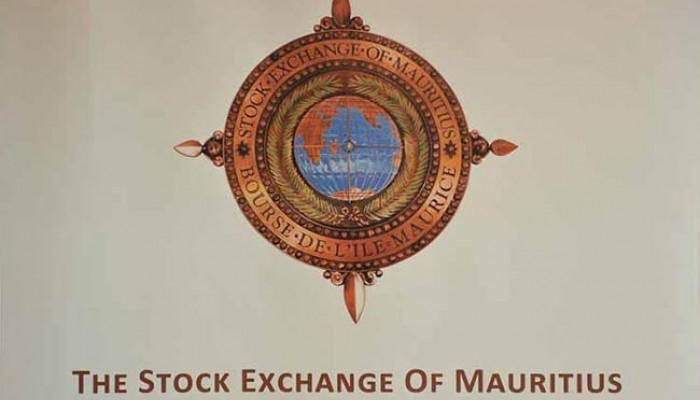Airtel Africa Is Prepared To List Today On The Nigerian Stock Exchange
Barring any last minute changes, Airtel Africa Plc is now set to list its shares on the floor of the Nigerian Stock Exchange today, Tuesday 9th July 2019. The Nigerian Stock Exchange (NSE) has officially disclosed that the postponed Airtel Africa listing on its platform has been rescheduled for Tuesday, July 9th, 2019.

This Listing At A Glance
- Ahead of its secondary listing on the NSE, Airtel Africa, at the weekend, unveiled plans to distribute 80 percent of its free cash flow as dividend to shareholders.
- The telecom company had earlier announced the postponement of the much-expected shares listing slated for Friday, July 5, 2019.
- It was expected to conduct cross-border secondary listing of 3,758,151,504 ordinary shares of Airtel Africa Plc on the NSE after its London Stock Exchange (LSE), primarily listing at an offer price of 80 pence per ordinary share.
- A secondary listing is when securities, already listed on a primary exchange, are subsequently listed on other securities exchanges, with the Issuer not subjected to the full requirements applicable to listing on the other securities exchange(s) at which it seeks a secondary listing.
- The telecoms giant said the postponed listing was to ensure that the company meets all the post NSE approval pre-requisites for listing on the exchange.

A Breakdown Of Facts
- Airtel Africa is made up of Airtel Chad; Airtel DRC; Airtel Gabon; AirtelTigo Ghana; Airtel Kenya; Airtel Madagascar; Airtel Malawi; Airtel Niger; Airtel Nigeria; Airtel Congo; Airtel Rwanda; Airtel Seychelles; Airtel Tanzania; Airtel Uganda; Airtel Zambia);

- The company had a net profit of $83mn in the fourth quarter of the 2018–19 year to March, driven by its Airtel Money platform, after a loss of $49mn in the year-earlier quarter.
- Investors including Warburg Pincus, Temasek, Singtel, SoftBank and the Qatar Investment Authority (QIA) have invested $1.45b in Airtel Africa through primary equity issuance, with the proceeds being used to reduce debt.
- Indian broker Motilal Oswal, in research on May 7, forecast that the Airtel Africa’s mobile subscriptions will increase by 10.7% for the full year 2019–20, while wireless traffic minutes will show growth of 18%.
- India’s Bharti Airtel established its presence in Africa by buying Kuwait-based Zain’s Africa operations for $10.7 billion in 2010. The company has grown to become Africa’s second-largest telecoms company, with over 94 million customers, and is in the top two carriers in most of the countries where it operates.
- According to Ovum’s Africa Digital Outlook 2019, mobile revenue in Africa will increase from $54.9b in 2017 to $68b in 2022. Non-SMS mobile data revenue — from mobile broadband access and mobile digital services — is expected to more than double to $32.1bn over that period.
- See Also: Preparing For July 4 Airtel IPO in Nigeria: Quick Facts You Need To Know
Points To Have In Mind When Investing In Stocks of Companies
- Own at least 10–30 different stocks, preferably in different industries: Don’t put all your money in one company/mutual fund/industry and invest in a wide variety of them.
- Invest in established leaders in the industry, preferably companies in the top 25% or 30%: Choose great and stable companies. Remember: We’re investing in businesses, not gambling on racehorses.
- The Company you’re buying should have a Long, Unbroken Record of Dividend Payments: If a company gives good dividends to their stockholders, it means it has actual earnings to pay it.
- Choose companies with a 7-year Price-to-Earnings (P/E) Ratio of Less than 25 (and less than 20 in the past 12 months): Choose good companies with a moderately low P/E Ratio (less than 25).
NB: These points were postulated by Benjamin Graham, author of the classic “The Intelligent Investor
Additionally,
- Set a maximum limit of the amount you can invest in companies.
- Invest in companies that are making profit or has all the metrics to make profit.
Charles Rapulu Udoh

Charles Rapulu Udoh is a Lagos-based Lawyer with special focus on Business Law, Intellectual Property Rights, Entertainment and Technology Law. He is also an award-winning writer. Working for notable organizations so far has exposed him to some of industry best practices in business, finance strategies, law, dispute resolution, and data analytics both in Nigeria and across the world.

